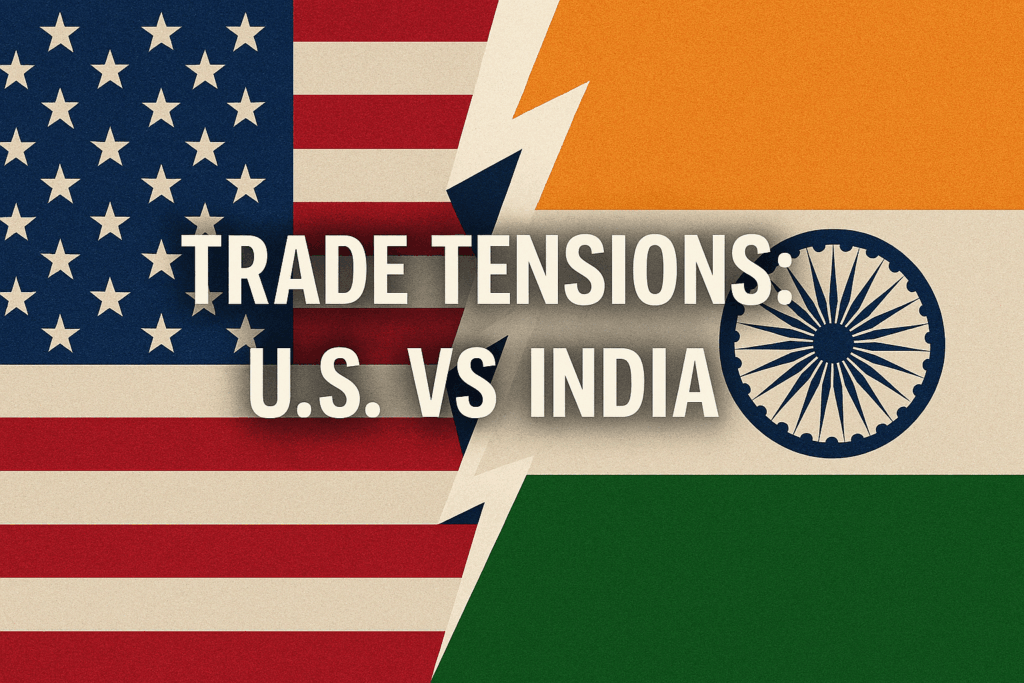The Office of the U.S. Trade Representative (USTR) has raised concerns over India’s import policies, citing them as trade barriers ahead of planned U.S. tariffs under President Donald Trump. The report highlights India’s high tariffs, import restrictions, and new quality standards affecting multiple sectors. Despite India’s efforts to lower tariffs and secure a trade deal, the U.S. remains skeptical about its regulatory framework and data privacy policies.
The Office of the U.S. Trade Representative (USTR), responsible for developing American trade policy, has flagged India’s stringent import regulations as a trade barrier in its latest report. The findings come just two days before the U.S. implements new reciprocal tariffs under the administration of former President Donald Trump.
The USTR report provides a detailed assessment of trade barriers imposed by various countries, singling out India’s high tariffs, import curbs, and licensing requirements as significant obstacles. It also highlights India’s push to enforce Bureau of Indian Standards (BIS) certifications across multiple industries, including chemicals, medical devices, electronics, and textiles.
India’s Efforts to Ease Trade Tensions
India has been one of the few nations working to reduce tariffs in an attempt to ease trade tensions with the U.S. Last month, Reuters reported that India was considering tariff cuts on more than half of U.S. imports worth $23 billion. However, the U.S. remains cautious, with the USTR stating that some of India’s import standards are not aligned with international norms and lack clear timelines for implementation.
Despite these measures, India has yet to receive any assurance of exemptions from Trump’s upcoming tariffs, according to government sources. While New Delhi is not considering retaliatory tariffs, officials are hopeful for a resolution through ongoing negotiations.
Non-Tariff Barriers and Data Privacy Concerns
Apart from tariffs, the USTR report also raises concerns over India’s data protection policies. The draft rules under the Digital Personal Data Protection Act could mandate local data storage, limit cross-border data transfers, and require businesses to disclose personal data to the Indian government. The U.S. argues that these policies may unfairly favor domestic businesses over foreign companies, particularly in the electronic payments sector.
With trade negotiations still in progress, the coming weeks will determine whether India and the U.S. can bridge their differences or if the trade dispute will escalate further.



